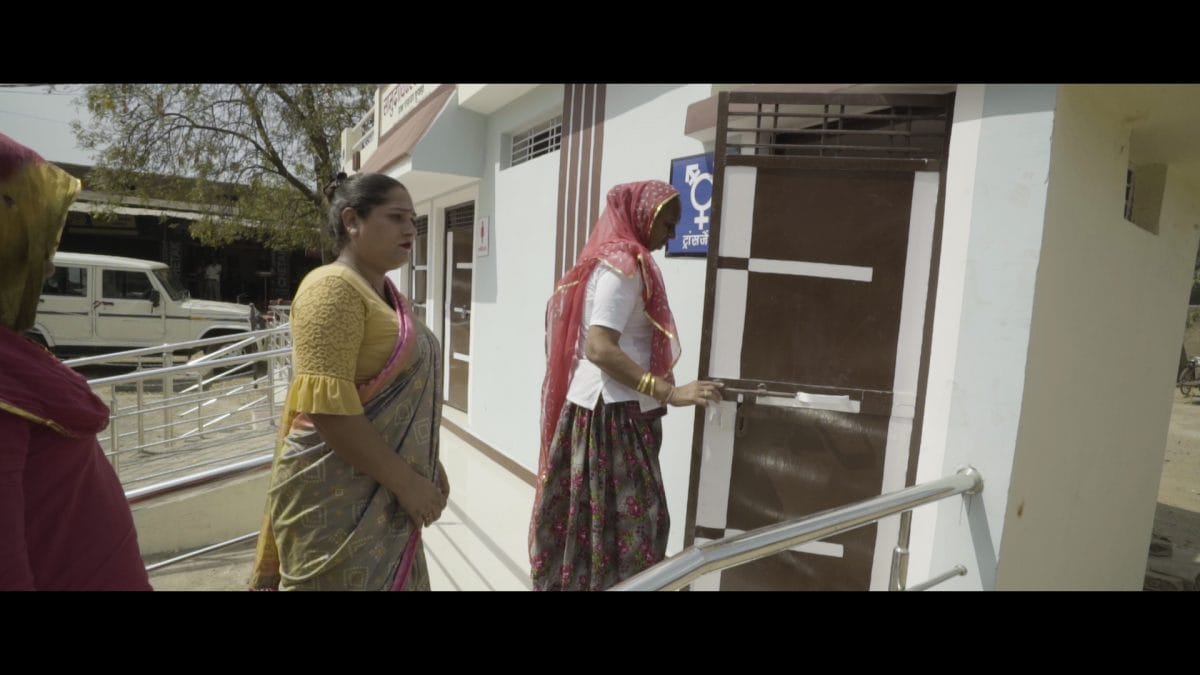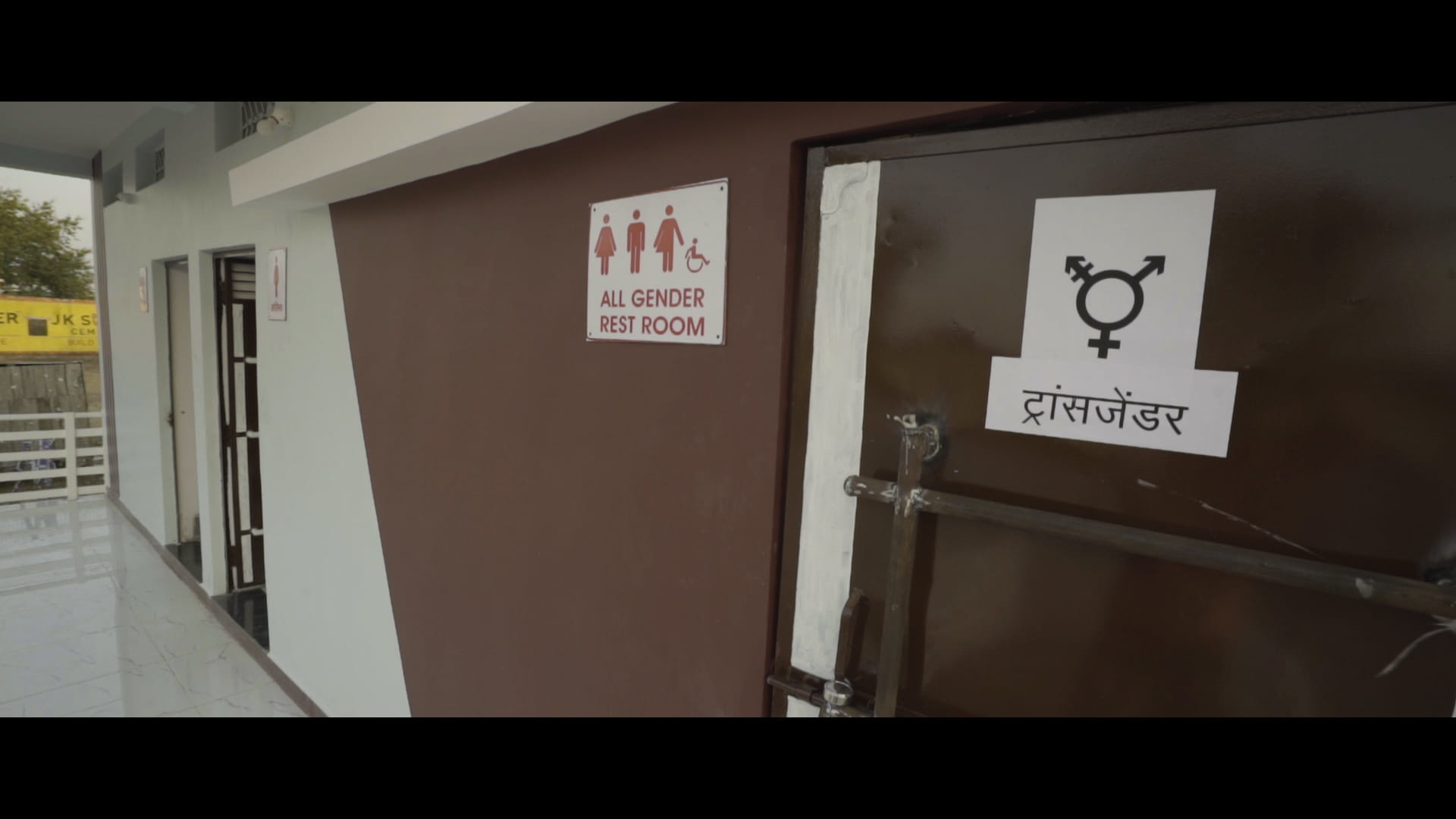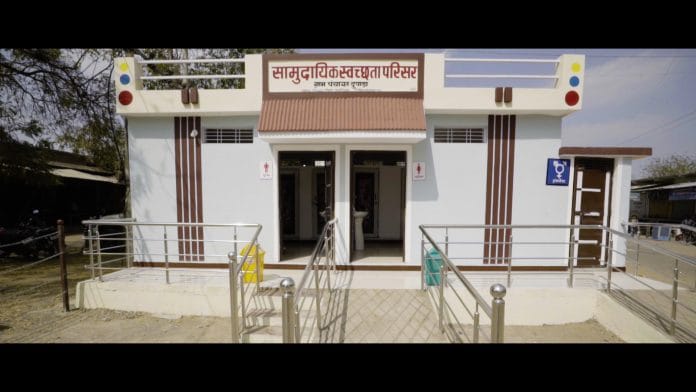Season 3 of Netflix’s TV show, Designated Survivor, showed Sasha, a transgender and sister-in-law to President Tom Kirkman (played by Kiefer Sutherland) facing backlash for using a toilet earmarked for women. The episode showed a liberal and progressive president struggling to decide whether to speak in favour of Sasha or remain silent to avoid conservative backlash in his re-election year.
This episode is discussed only as a way to highlight the hostility that transgender (or third gender) face while accessing public facilities. Historically, public facilities have been made for two sexes — male and female, with no thought to the ‘other’. This may not be out of apathy, but due to the fact that expenditure choices made by government policy makers have to balance a set of competing demands.
What complicates the situation in India is that the government does not know the total number of transgenders in the country. Census of India does not collect any data specifically on ‘transgender’. Census 2011, for the first time, provided three choices to respondents — Male, Female, and Other. The ‘other’, enumerated at around 5 lakh, is a very small number. In a democratic set up, numbers will always matter and thus, for decades, public policy treated these ‘others’ as invisible while formulating policy and allocating funds for the creation of public facilities like toilets.
The Supreme Court of India took cognisance of the plight of members of the transgender community in National Legal Services Authority vs. Union of India (UOI) and Ors. (2014), noting their social exclusion from the mainstream and denial of equal access to fundamental rights and freedoms. In particular, the Supreme Court declared that the central and state governments shall take proper measures to provide public toilets to the transgender community. The Supreme Court also directed them to take steps for framing various social welfare schemes for the community’s betterment.
This welfare orientation got legal recognition with the enactment of the Transgender Persons (Protection of Rights) Act, 2019. Chapter IV of the Act makes it obligatory on the government to formulate welfare schemes and programmes in a manner that they are transgender sensitive, non-stigmatising and non-discriminatory.
Also read: Chhattisgarh Police recruits 13 transgender people as constables for first time
Shajapur experiment
Swachh Bharat Mission (SBM), launched on 2 October 2014, targets universal sanitation coverage and puts sanitation at the focus of rural development efforts. The first phase of the mission witnessed construction of over 100 million toilets in rural areas, as India declared itself Open Defecation Free on 2 October 2019. The second phase of the SBM, titled as ODF-Plus, aims to ensure that ‘no one is left behind’, and that solid and liquid waste management facilities are accessible.
It is this mandate to not leave anyone behind that informed our implementation of the Swachh Bharat Mission in Shajapur district of Madhya Pradesh. This year, we had the target to build community toilets on a large scale. We decided to implement the Swachh Bharat Mission in a transgender-sensitive manner, enlivening the spirit of the Transgender Persons (Protection of Rights) Act, 2019. The entire process saw extensive exercise and deliberation over location, nature, design and maintenance.

This is the first time that transgender toilets have been built under any scheme anywhere in India on such a large scale. While Chief Minister Shivraj Singh Chouhan lauded the efforts of the district administration in a tweet, the central government too shared it as a novel initiative on its website.
ट्रांसजेंडर वर्ग और महिलाओं की जरूरतों को समझ कर उन्हें महत्व देने की शाजापुर प्रशासन की यह पहल अनुकरणीय है। इस अभिनव प्रयास के लिए बधाई: मुख्यमंत्री श्री @ChouhanShivraj#CMMadhyaPradesh https://t.co/PBa1um1ThO
— CMO Madhya Pradesh (@CMMadhyaPradesh) March 17, 2021
Also read: Swachh Bharat toilets without sanitation is why Dalits are at the receiving end
A small step, a giant leap
The locations of our community toilets were carefully selected to cater to the needs of the local, floating and migratory population who are not eligible to get benefits under the scheme. Transgenders frequently travel for work and stand to directly benefit if separate access is provided to them in community toilets located at important centres of road and railway connectivity.
Nature of the toilets was the most crucial aspect of our deliberation. Whether to build ‘standalone’ separate toilets for transgenders or to have a Gender Inclusive Unit. Some urban municipal bodies in recent years have constructed an occasional separate toilet for transgenders but a similar model in rural areas will be rife with issues of security and maintenance due to restraints of resources and auxiliary staff. Having involved the kinnar akharas and after understanding the complexity of the matter, we finally decided on Gender Inclusive Units.

The third important aspect was design and cost. Our design provides separate access to male, female and transgender population in the same complex. The Swachh Bharat Mission has the flexibility to factor in local conditions and material availability, so we came up with an innovative design to make provision of a separate unit for transgenders within the community toilet complex. The idea was to innovate within the framework of an existing scheme to promote the welfare of the transgender community. We also decided to include facilities like crèche, breast-feeding areas for women to extend appeal and use of these modern toilets. Convergence of three schemes — SBM, MGNREGS and 15th Finance Commission — was done to fund this initiative.
The biggest challenge was to convince the Sarpanchs, the elected head of the panchayats, to build a separate unit for transgenders in the same complex. However, with persuasion and discussion, they came on board. Now, the project has complete backing of the Sarpanchs while members of the local self government act as the executing agency on the ground to take the momentum forward. These utilities are modelled on ‘pay and use’ basis, promising continued sustenance of this important rural community asset.
All the 87 community toilets built under the Swachh Bharat Mission in Shajapur district are open to transgenders. A rights-based approach abhors symbolism, because inclusivity cannot be reduced to a token exercise by construction of a few separate standalone toilets. It has to become generalised in all our design and outreaches. These are 87 small yet affirmative steps towards an idea whose time has come.
Misha Singh is an IAS officer of 2016 batch, currently posted as Chief Executive Officer, Zila Panchayat, Shajapur, Madhya Pradesh. She holds a bachelor’s degree in law from RMLNLU, Lucknow. Her twitter handle is @Mishasinghms. Views are personal.







Misha di, it’s truly inspiring to see someone in your position thinking so sensitively about the transgender community. It reflects a rare kind of inclusive mindset that’s much needed today. Your thoughtfulness gives hope for real change in society. Really appreciate your vision.